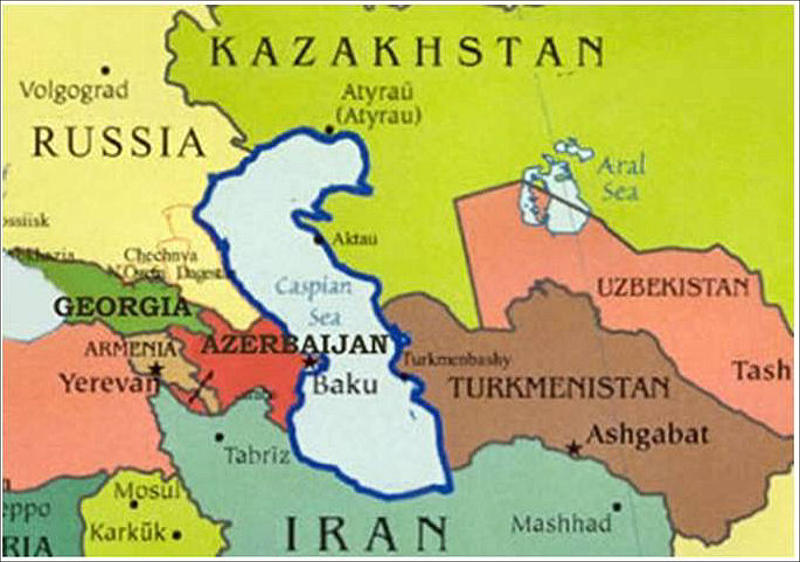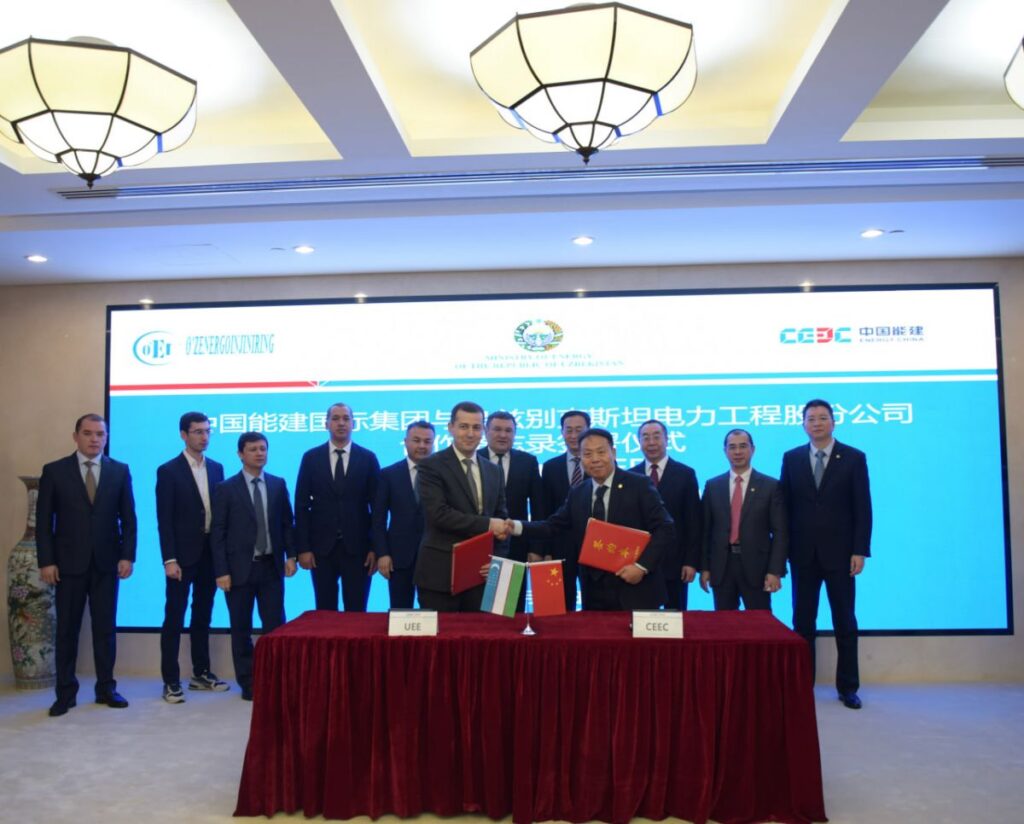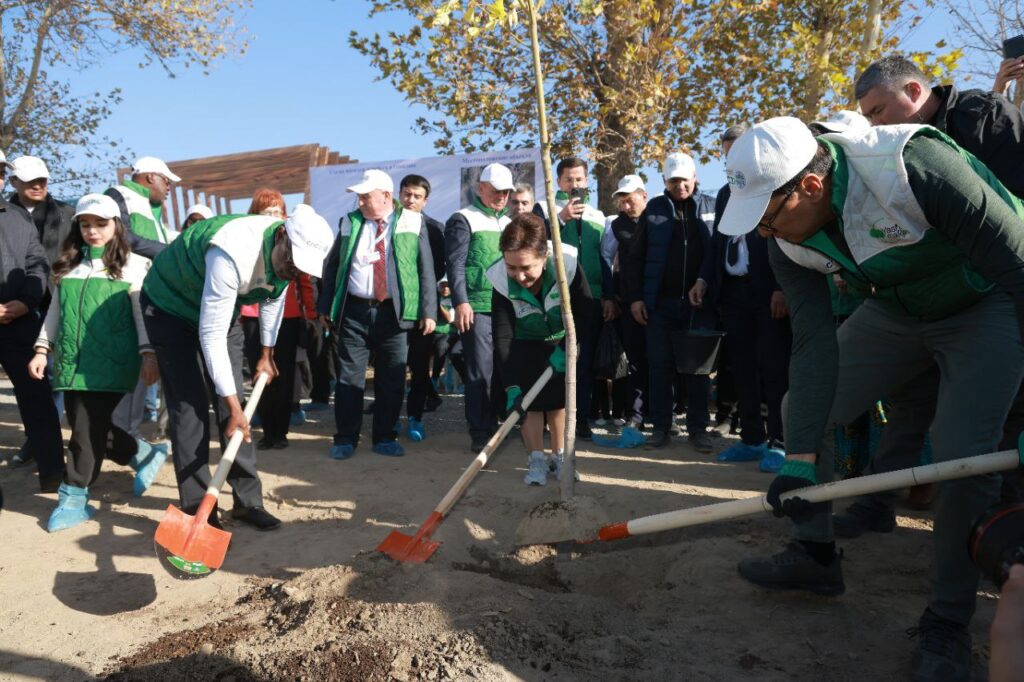In a bid to counter the alarming rate of illegal tree-felling, the president of Uzbekistan, Shavkat Mirziyoyev, has given the green light to an innovative ecological program. Launched by the Ministry of Ecology, Environmental Protection and Climate Change on January 29th, the initiative involves planting 100 saplings for every tree unlawfully cut down. This move comes as air pollution in Tashkent has reached alarming levels, with PM2.5 pollution recently surpassing the World Health Organization's recommended limit by 23.2 times. Tashkent regularly features as one of the worst cities globally for air pollution due to factors like increasing emissions from coal-burning heat, power plants and motor vehicles, unauthorized construction, and illegal tree-felling.[/vc_column_text][vc_single_image image="14150" img_size="full" el_class="scond-image" parallax_scroll="no" woodmart_inline="no"][vc_column_text woodmart_inline="no" text_larger="no"]Approximately 2,427 instances of illegal tree-felling were recorded in the first nine months of 2023 alone - including 714 bushels of precious trees - contributing to the shrinking of wildlife reproduction areas and natural reserves. The situation is particularly dire in the country's “Red Book” areas, which are home to endangered flora and fauna. One significant casualty has been the Tajik kavragi, a naturally occurring medicinal plant. Between July and September, 11,550 bushes were illegally harvested in the Surkhandarya Region’s Bobotog State Forestry, resulting in environmental damage totaling 5.7 billion som ($462,000). At the January 29th meeting it was announced that 22,000 new industrial enterprises have been launched in the country since 2020, and industry and transport together now emit more than two million tons of pollutants into the atmosphere a year. In many cases, construction projects are implemented without environmental assessment. To reverse this trend, the government is planning substantial green efforts over the next five years. These include creating at least 3,000 hectares of green belt and 200 hectares of “green parks” encircling the city of Tashkent and its surrounding districts. Additionally, "green gardens" will be established on former garbage landfills, covering 23 hectares in Ohangaron and 37 hectares in Yangiyol in the Tashkent region.[/vc_column_text][vc_single_image image="14168" img_size="full" el_class="scond-image" parallax_scroll="no" woodmart_inline="no"][vc_column_text woodmart_inline="no" text_larger="no"]As part of this ambitious project, the Ministry of Ecology, Environmental Protection and Climate Change has created a digital map, pinpointing the coordinates of more than 254 million trees. Each tree in the city of Tashkent will be registered and given a 'passport' on the Green Space electronic platform. This will reflect crucial information, such as the tree's type, age, height, condition, and location. Trees older than five years covering all regions and districts of Uzbekistan were accounted for during the survey. This comprehensive registration process was made possible through the use of satellite imagery, remote sensing, geo-information systems, and artificial intelligence technologies. The initiative also drew on the experiences of several countries, including the U.S., Canada, China, India, Australia, Russia, and Germany. Uzbekistan's "Plant 100 Saplings" initiative marks a significant step towards environmental conservation. By leveraging technology and international experiences, the country is taking steps to protect its flora and fauna, demonstrating a commitment to sustainable development and environmental stewardship.[/vc_column_text][vc_single_image image="14148" img_size="full" el_class="scond-image" parallax_scroll="no" woodmart_inline="no"][vc_column_text woodmart_inline="no" text_larger="no"]Other measures currently...






